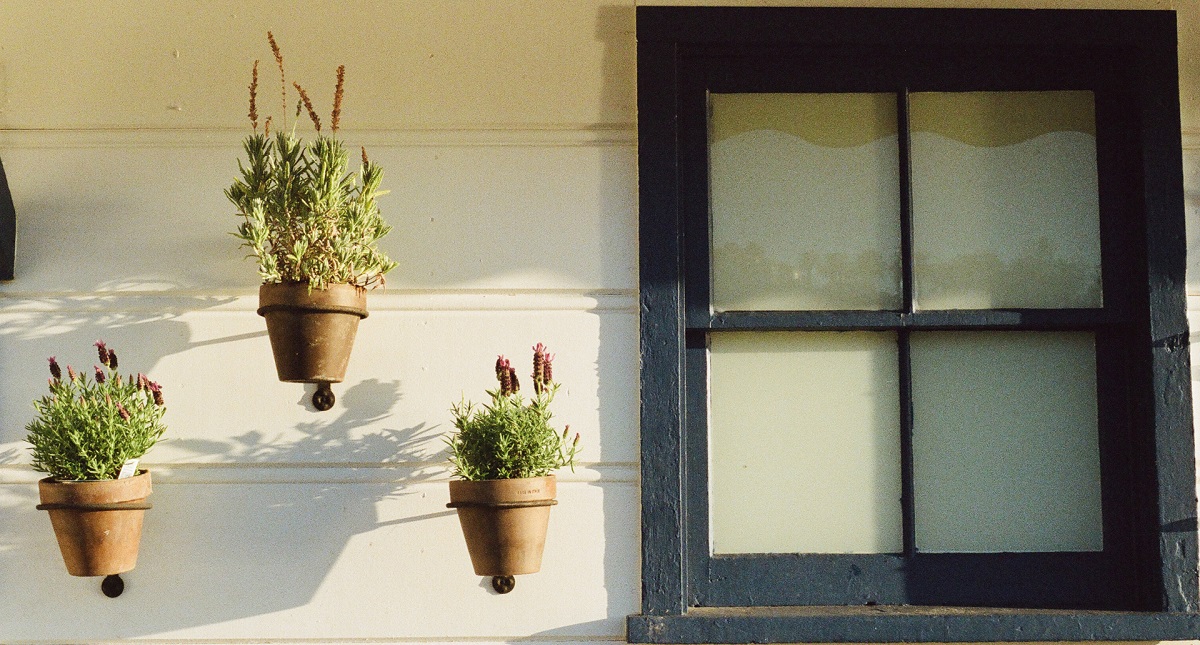Contact Us
You’ve probably already made 84 decisions today, and it may only be 9 AM. Hello, Dearest, welcome to motherhood. Making decisions for ourselves can be hard enough, then we add in making decisions for everyone in our family. And add to that pressure, the fact that some of the decisions we make will affect that small person’s life for the next 80 years. Yikes. Sometimes we’ll group a bunch of decisions together under one title, as is the case with the bad mom movement. Two of our house bloggers wanted to respond and add their voice to the conversation. Check out what Alex and Emily have to say, then add your voice to the conversation in the comments.
There’s a thing going around called “The Bad Mother” movement, and it’s selling lots of books, and making waves here and here and here.
It’s a movement that is tired of being boxed in. It’s a movement that is fighting “The Good Mother Myth”: the idea of that phantasmic perfect parent whose 4-year old learns Mandarin as he suckles her breast and whose kids’ hands have never touched anything made out of plastic.
But I have a theory of my own.
The Bad Mother movement, and the Good Mother Myth, have nothing to do with our children, and everything to do with who we feel we are as women.
There isn’t a single one of us who, looking deep into our baby’s eyes, wants to “slack off” or rebel against being a caring mother or to prove something about our brokenness. Each of us, when looking at our children (especially when they’re sleeping), wants to be the best person possible for the sake of this little person.
It’s when we lift our gaze and see the other mothers looking back at us, it’s then that we decide we want to rebel, or make some sort of statement, because we feel confined as women; we feel judged and compared to and we’re tired of living for the approval of others.
We all have those days, the ones that make you knock your head against the wall. When my youngest was a month old, he would cry and cry, and I never knew how to appease him. One day I stuck him in the swing and walked away, only to find my 21-month-old with a broken DVD in his hands, looking very sheepish. I yelled at him, and he started to bawl, and then I turned and walked into the office, and closed the door. Wept, while staring out the window.
And then suddenly, the crying stopped. And I heard the pitter-patter of little feet running back and forth, and when I opened the office door, I found my youngest piled high with blankets and books and toys. Aiden, my 21-month-old, was running back and forth trying to comfort his brother.
In that moment I knew I didn’t have to be a good mother or a bad mother. I had to be like a child. Thinking not of myself, but of the other. Caring only for the other.
Motherhood is hard. We need to care more about each other and less about appearance. We need to stop creating impossible standards which trigger extreme responses like this new “bad mommy” method–which started out being gritty and funky and has turned into a lazy rebellion that is hurting our children.
We’re not out to hurt our children. That’s not the point. So let’s get over ourselves and stop making our sons and daughters suffer. Let’s get to the bottom of this motherhood deal, and start embracing each other for the weepy, beautiful mess that we all are, and give grace in abundance while challenging each other to do better–not for the sake of the mother next door, but for the sake of the kids in our very own house.
The other day I visited a friend of mine, a mother of four whose house is usually immaculate, and on this particular day the floor was un-swept and there were toys scattered. She apologized profusely and I said, “No–I am so relieved. You have no idea. By not sweeping your floor, you make me feel so much better about mine!”
Friends–want to know the truth?
Most moms don’t judge each other; they just feel criticized.
Let’s give each other permission to be REAL–not good moms, or bad moms, but rather, authentic, stumbling, contrite daughters: trying desperately by the grace of God to mold tiny lives.
Because it’s not about organic food. It’s not about plastic or wooden toys, or whether or not to take a much-needed spa day, or what the other mothers will think about anything, at all.
It’s about our children.
Bio: Emily Wierenga is wife to a math-teacher husband; mother and foster mother to four boys; an artist, columnist and the author of Chasing Silhouettes: How to help a Loved One Battling an Eating Disorder,Mom in the Mirror: Body Image, Beauty and Life After Pregnancy.
